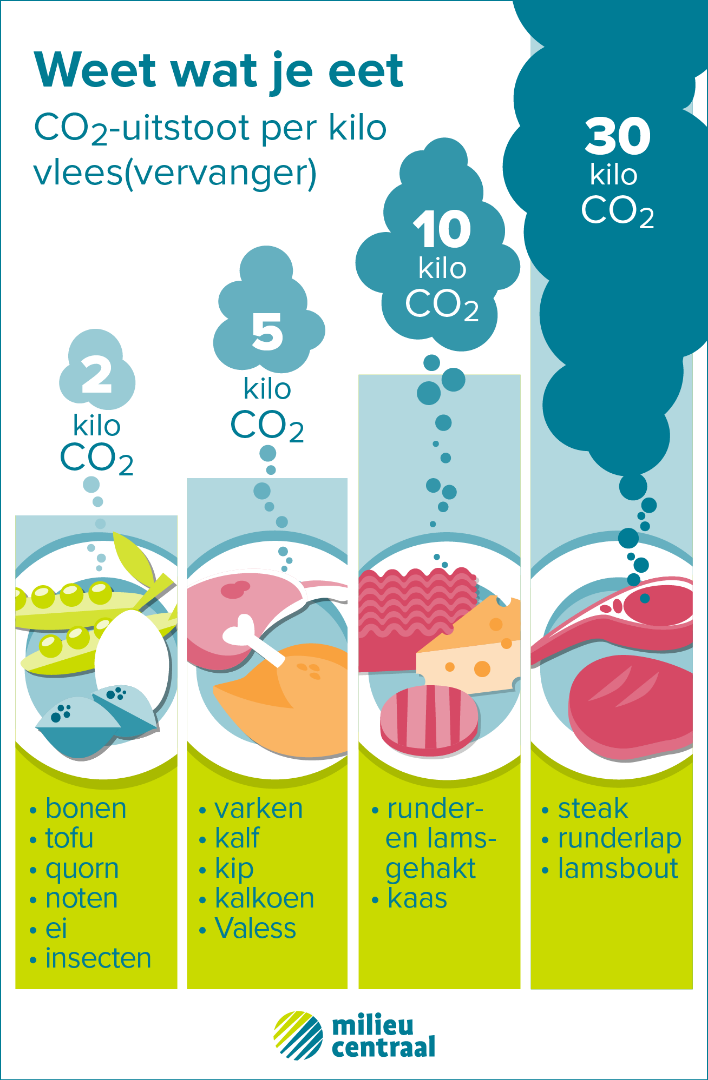The Belgian meat industry often tends to resorts to clichés when discussing sustainability. Moreover, the impact of meat is not only determined by the meat industry itself, but throughout the chain, from the farmer to the consumer. At Belgian Pork Group, we take the necessary initiatives to reduce our environmental impact.
The Belgian livestock sector produces just 5% of all greenhouse gas emissions in Flanders. Pigs only have one stomach. Their environmental impact is thus much smaller than that of a ruminant. Belgian Pork Group ordered an extensive study to understand how much CO2 is produced at every stage of the pig chain:
- 62% of the CO2 impact can be attributed to livestock feed and 28% to pig farming.
- 10% of the CO2 impact is generated by the rest of the chain.
This study provided Belgian Pork Group with a guideline to reduce its own CO2 impact and help T&W pig farmers reduce their CO2 emissions. Our primary objective is reducing our carbon footprint. Pig farmers are asked to collaborate on at least 1 sustainability project (solar panels, green energy...).
Belgian Pork Group is investigating whether the use of European soya or other proteins can help reduce the CO2 impact by 35 %.Another option is reusing animal fats rather than palm oil, for example, which can reduce the CO2 impact of feed by 10 to 15%. By taking energy consumption into account in every investment we make and by always aiming for the lowest impact, Belgian Pork Group also takes action in its own companies to reduce CO2 emissions.


